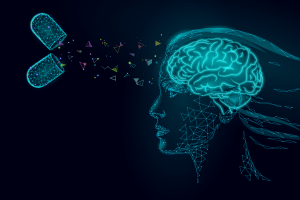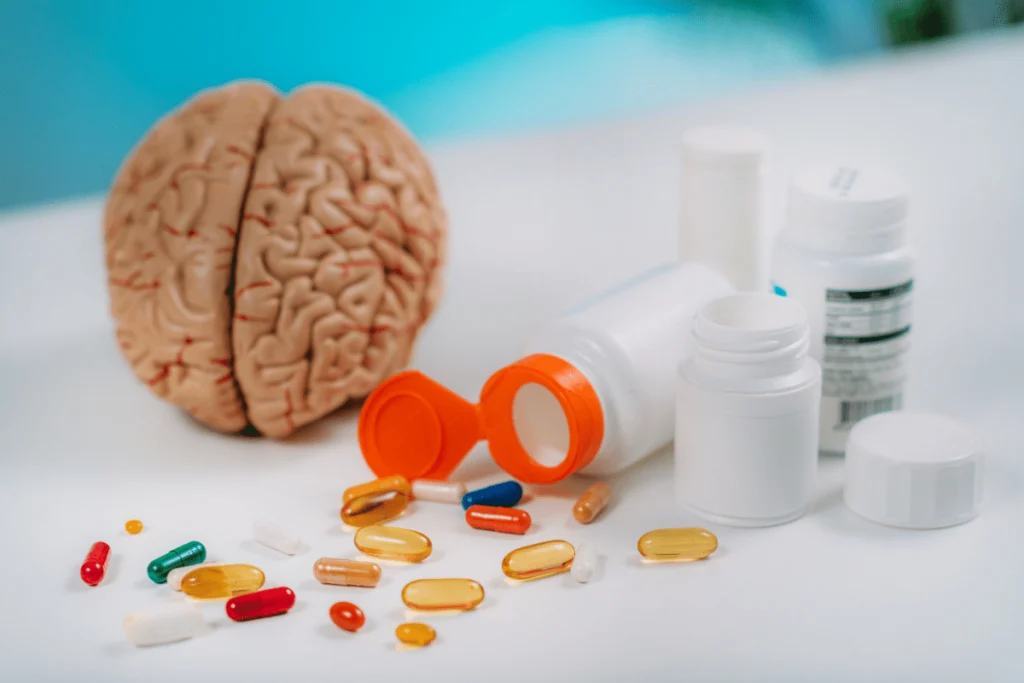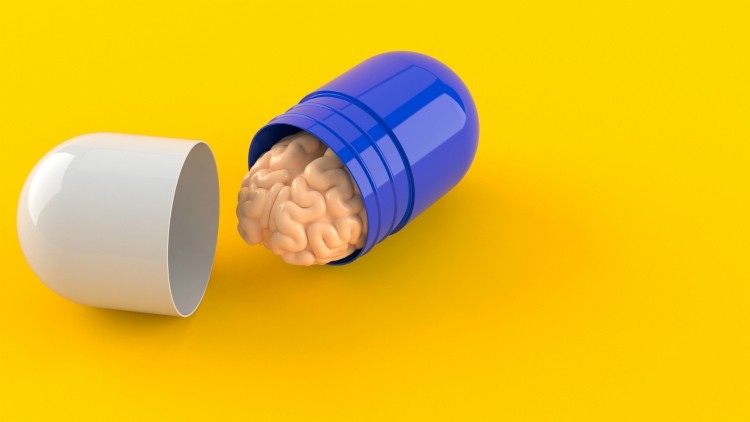How Does Nootropics Affect the Brain?

Nootropics are a type of supplement that is often used to improve cognitive function. The most popular nootropics are racetams, but there are others as well. In this article, we will be looking at how nootropics work and their effects on the brain.
What is a Nootropic?

Source: healthline.com
Nootropics are substances that have been shown to improve cognitive function in healthy people. Some nootropics, such as piracetam, aniracetam, and oxiracetam, are found in the racetam family of drugs.
Nootropics can improve memory, focus, concentration, and creativity. They can also increase alertness and reduce anxiety. The effects of nootropics vary depending on the person and how they use them.
Nootropics can be used to treat a variety of conditions, such as Alzheimer’s disease and depression.
How Does Nootropics Work in the Brain?
Nootropics, also known as “smart drugs” or “brain enhancers,” are substances that improve cognitive function. Some nootropics have been around for years, while others are relatively new.
There is a lot of research being done on nootropics and their effects on the brain. Here are some of the most well-known effects of nootropics on the brain:
- Nootropics can improve memory and focus.
- They can help you learn new information faster.
- They can increase your mental processing speed.
- They can reduce anxiety and depression symptoms.
- They can improve your cognitive function overall.
The Benefits of Nootropics

Source: thehindu.com
There is some evidence that nootropics can improve cognitive function in people with limited exposure to sunlight, such as those living in northern countries. Their ability to improve memory and attention has also been demonstrated in scientific studies. However, there is currently little evidence that nootropics can prevent or treat dementia or other forms of cognitive decline.
The mechanisms by which nootropics improve cognitive function are not fully understood. Some believe that they work by increasing levels of neurotransmitters, such as dopamine and serotonin, in the brain.
Others believe that they work by altering the way nerve cells communicate with each other. Regardless of the mechanism, the evidence suggests that nootropics can have a positive impact on cognitive function.
Quantumind Nootropic
Quantumind is a new line of nootropic supplements that claim to improve cognitive function and performance. In this blog post, we will do a review of Quantumind nootropic and the research on the effects of Quantumind on the brain.
- First, it is important to note that there is currently little research on Quantumind and its effects on the brain. However, early research suggests that Quantumind may have some potential benefits for cognitive function and performance.
- Specifically, Quantumind has been shown to improve memory and learning abilities in rats.
- Additionally, it has also been shown to increase brain activity in certain areas of the brain.
Overall, these preliminary findings suggest that Quantumind may have some benefits for cognitive function and performance. However, more research is needed to confirm these results.
Side Effects of Nootropics

Source: nutraingredients-asia.com
Nootropics are substances that have cognitive effects, such as enhancing memory and focus. However, with so many nootropics on the market, it can be difficult to know which ones are safe and which ones might have side effects. Here, we discuss some of the potential side effects of nootropics and how to avoid them.
Nootropics can increase brain activity and neurotransmitter production. However, this increased activity can also lead to increased levels of anxiety and stress. If you are experiencing negative side effects from nootropics, it is important to talk to your doctor about whether or not they should continue being used.
Additionally, it is important to be aware of the fact that nootropics can interact with other medications you are taking, so it is important to talk to your doctor about any other medications you are taking as well.
Nootropics can also lead to headaches, dizziness, and sleep problems. It is important to be aware of these potential side effects and take precautions if you experience them. For example, if you are prone to headaches, it is recommended that you avoid taking nootropic supplements before bedtime. Additionally, make sure to drink enough fluids so that you do not experience dizziness or sleep problems.
Conclusion
Nootropics are a class of dietary supplements that are often credited with providing cognitive benefits. This article will explore what nootropics are, how they work, and the possible side effects associated with taking them. Hopefully this information will help you make an informed decision about whether or not to try them for yourself.
